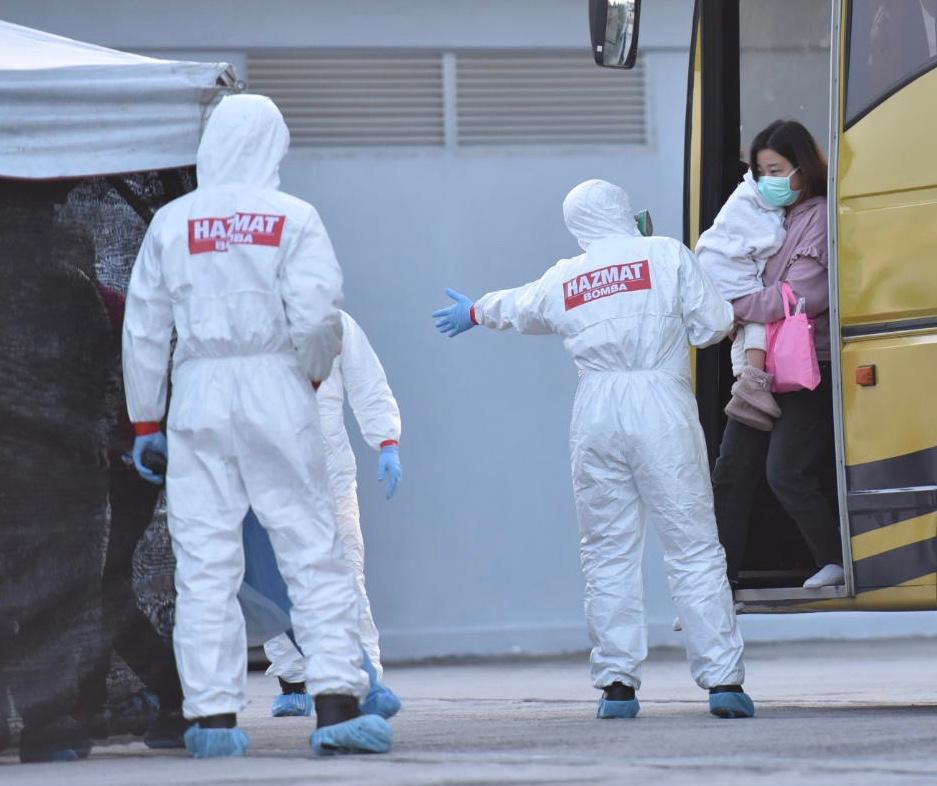KUALA LUMPUR, March 4 — The coronavirus outbreak in Iran has worsened, affecting top officials and at least 23 lawmakers, besides killing at least 77 people so far.
The virus has so far killed a member of a council that advises Iran’s supreme leader — expediency council member Mohammad Mirmohammadi — making him the highest-ranking official within the Islamic republic’s theocracy to succumb to Covid-19.
Others in Iran who succumbed to Covid-19 include Hadi Khosroshahi, Iran’s former ambassador to the Vatican, as well as Ahmad Tuyserkani, an adviser to Iran’s judiciary chief.
A total of 23 Members of Parliament, meanwhile, have tested positive for coronavirus, according to Iran’s deputy speaker of Parliament, reported Al Arabiya English.
Iran’s Deputy Health Minister Iraj Harirchi, vice-president Masoumeh Ebtekar, and Iraj Harirchi, the head of an Iranian government task force on coronavirus, also have Covid-19.
Iranian lawmakers have been urged to avoid the public, while members of Iran’s supreme council of economic coordination, including President Hassan Rouhani, sat metres apart from each other at a recent meeting, with fewer officials than normal.
Iran’s supreme leader, Ayatollah Ali Khamenei, has also been reported as apparently snubbing the urgency of the outbreak, but urging people to pray all the same.
“This disaster, in our opinion, is not such a big disaster; there have been and there are bigger disasters than this,” a gloved Khamenei reportedly said, according to AP.
“Of course I don’t want to downplay the issue, but let’s not exaggerate it much either.
“Something has happened, it will exist in the country for a time, which hopefully will be short, and then it will go away.”
There are now over 2,540 cases of the new virus across the Middle East, with 2,336 in Iran alone. Most cases outside of Iran link back to the Islamic republic.
Reports also suggest the virus will not be going away soon in Iran, given the exponential daily rise of new cases, besides questioning Iran’s percentage of deaths to infections — now around 3.3 — which suggests a higher number of infections.
Iran’s armed forces have since been ordered to be ready to help health workers, with plans for 300,000 soldiers and members of a volunteer force of Iran’s Revolutionary Guard to sanitise public areas and trace contacts that sick people had with the public.








